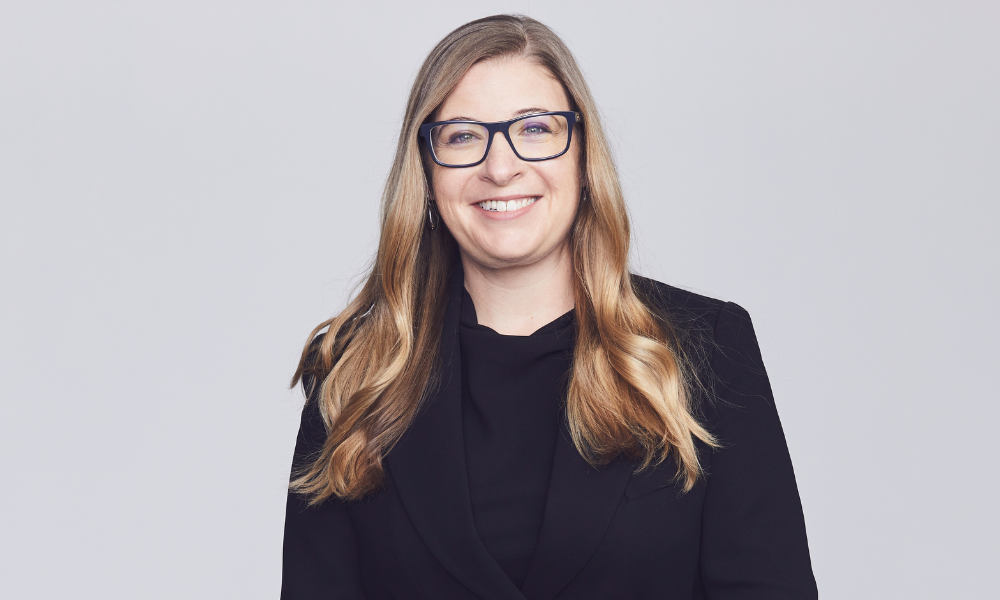
'Diversity is clearly becoming more and more important', CEO says

While 76% of Australians said a diversity policy within their workplace is important to them, 35% are unsure whether their organisation has one, according to a recent survey by office supplies company COS.
More than 1,000 workers were involved in the survey, and they indicated the main reasons why a diversity policy was important to them:
“Diversity is clearly becoming more and more important,” COS co-CEO Amie Lyone told HRD Australia.
“I think as a society, we want to be more diverse and more inclusive of all and so I think naturally, that is translating into the workplace. We spend a lot of time and energy in researching Australian workers to understand how they think and feel because that's the business that we're in. And we all want to feel included.
“A diverse working environment is an inclusive one and so I think that's why 76% of Australians are saying, ‘It's important to me because I want to work in an environment that is respectful and supportive of all’. Who wouldn't want to be in an environment that behaves that way?”
At COS, 56% of leaders are women. In addition, the company’s employees come from more than 51 different parts of the world and speak over 60 different languages.
For Lyone, one of the biggest benefits of diversity is having different ways of thinking.
“It's a game changer in that way,” she said. “If all we're doing is hiring people who think and operate just like we do, then where’s the innovation? How do we do better? How do we grow? How do we evolve?”
When it comes to why employees may not be aware of diversity policies in their organisation, Lyone said it comes down to how the leadership of an organisation talks about diversity and inclusion, and what symbols they have around it.
“It's less about a written policy within a giant list of policies on the intranet or website, which is very typical for businesses to have,” she explained. “It's more about, ‘Does the leadership team think and talk about diversity and inclusion? What are symbols around the organisation that this is a business that cares about diversity and inclusion?’
“And I think that's why it's 76% and not higher. I believe that it would be a lot higher…in that if you look around an organisation, there's likely symbols of [diversity and inclusion] but it may not necessarily be translating into a written policy.”
Diversity has become a key factor in recruitment, with Randstad Enterprise's 2023 Talent Trends Report finding that 44% of Australian jobseekers wouldn’t join a company that wasn't making an effort to improve its diversity and equity practices.
Lyone identified some steps HR teams could take to strengthen diversity in the workplace.
These included conducting an internal audit, being clear on any key goals you want to achieve with regard to diversity, improving the company’s hiring processes and educating the whole company.
“If you're an HR professional who is in an environment where you feel like diversity and inclusion isn't a strategic priority and should be, I think it starts with education and having a voice for it,” she said. “It's our responsibility to bring that to the table.”